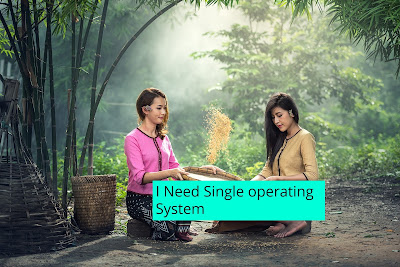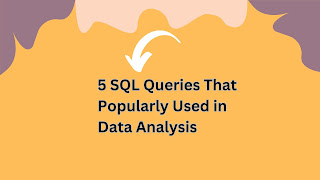There are many smartphone platforms on the market: Android, iPhone, BlackBerry, Nokia, the Windows 7 Phone, and WebOS. Newer platforms are on the rise as well, such as Samsung's Bada and Meego.
Why PhoneGap You Need
The development of mobile applications increasing day by day, so you need one solution. That is single platform.
History of Operating system
- In the year 2000, we saw a similar situation in the desktop world. We had Microsoft Windows, Apple's Mac, and various versions of Linux and UNIX.
- At that time, it was difficult to build products that would run on all these platforms. The resulting fragmentation was often solved via in-house solutions by building frameworks in C++, with Operating System (OS)-specific modules abstracted.
- Fortunately, Sun's Java came to the rescue and provided us with a common platform on which to build. With Java's build-once-and-run-anywhere strategy, building desktop products had become a breeze.
- Between 2004 and 2008, the developer community saw a different kind of fragmentation; this time, it took place in the browser world. It was a fragmentation involving the very popular Internet Explorer 6 vs. Firefox and Safari—then, Chrome and other browsers came out of the woodwork, causing further fragmentation.
Story of PhoneGap
Many companies that want to develop mobile applications for multiple platforms either have their own web services or rely on other web services. While PhoneGap can work for standalone mobile applications, it is very well-suited for mobile applications that make use of web services.
Web service is a technology useful for machine to machine communication.
The reason for this is that
PhoneGap applications are primarily web applications that are augmented with device features. Think about a Flickr web application that has access to a device's camera or Google Maps application, which, in turn, has access to a GPS. Another example is Foursquare, which has access to your GPS, as well as your phone's address book.
Single platform and you can develop any app.
This more or less means that a majority of PhoneGap-based applications will access web services using JavaScript. This makes it important for developers using PhoneGap to have a handle on using web services.




.jpg)
Comments
Post a Comment
Thanks for your message. We will get back you.